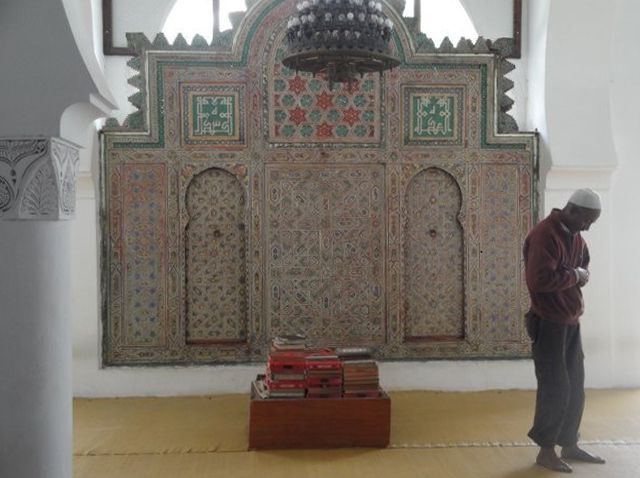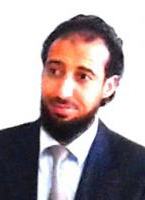
While France deliberates over secularism, struggling with anti-Semitism and the compatibility of Islam with the republic, Morocco, on the other hand, has long been committed to creating an atmosphere of moderate and tolerant Islam, that deserves to be considered a shining model abroad.
The kingdom of Morocco has always been a land of religious coexistence, in total respect of the law. In fact, the newly adopted constitution of 2011 restresses this principle: “Islam is the official religion of the state, which guarantees everybody the freedom to practice their faiths.” In this respect, the king of Morocco remains a leader respected and admired not only by Moroccan Muslims, but by all believers around the world. This admiration reveals a great deal as to the importance of the position of the Moroccan king as a peaceful religious authority and a powerful advocate for religious unity.
The Moroccan Constitution aspires also to celebrate the historic co-existence of different faiths within the Kingdom. The Moroccan population, with its Muslim majority, has always lived naturally, in perfect harmony with other religious groups. Foreign Christians and Moroccan Jews, for example, practice their religions in peaceful conditions without worrying about anything, except in case of proven proselytism.
Visitors are often surprised in some Moroccan cities by the sight of steeple bells juxtaposed against synagogues and mosque towers in the same neighborhood. The kingdom boasts also a great number of catholic, protestant, and orthodox churches as well as a Museum of Moroccan Judaism, the only one of its kind in the Arabo-Islamic world. The country is also home to a considerable number of synagogues, which are carefully preserved, and more than one hundred Jewish cemeteries, which have recently been rehabilitated under the guidance and sponsorship of King Mohammed VI.
The kingdom, however, is aware that this collective religious co-existence is fragile given the current unstable global context, marked by recent terrorist offensives at the hands of ISIS and other terrorist groups in Europe and Western Africa. For this reason, Morocco has chosen to adopt an open religious policy to promote a reinvigorated version of true Islam to the world. That is manifested clearly in the creation of Mohammed VI’s Foundation of African Ulemas and a center for research and the training in inter-religious relations.
Today, Morocco is the only country that offers a systemized process for the re-invention of genuine Islam, considered an alternative to the puritannical and dogmatic approach adopted by some jihadist groups and other centers of influence in the Middle East.
Following some inter-state agreements, a considerable number of imams and mourchidates (women religious guides) are coming to Morocco from Sub Saharan Africa and Europe, particularly France, to obtain theological training that conforms to the values of tolerance and open thinking, with pedagogical tools adapted to the most recent forms of religious indoctrination via Internet and social media.
In the same respect, the kingdom of Morocco has encouraged some of its eminent scholars to hold conferences in France and other parts of Europe, and Sub Saharan African mosques.
By developing it religious diplomacy and not only on its effective security policies, Morocco aspires to create an alliance of spiritual models to offer young believers a a very real alternative to jihadist discourse. This is the way Morocco has chosen to contribute to the global fight against terrorism.






